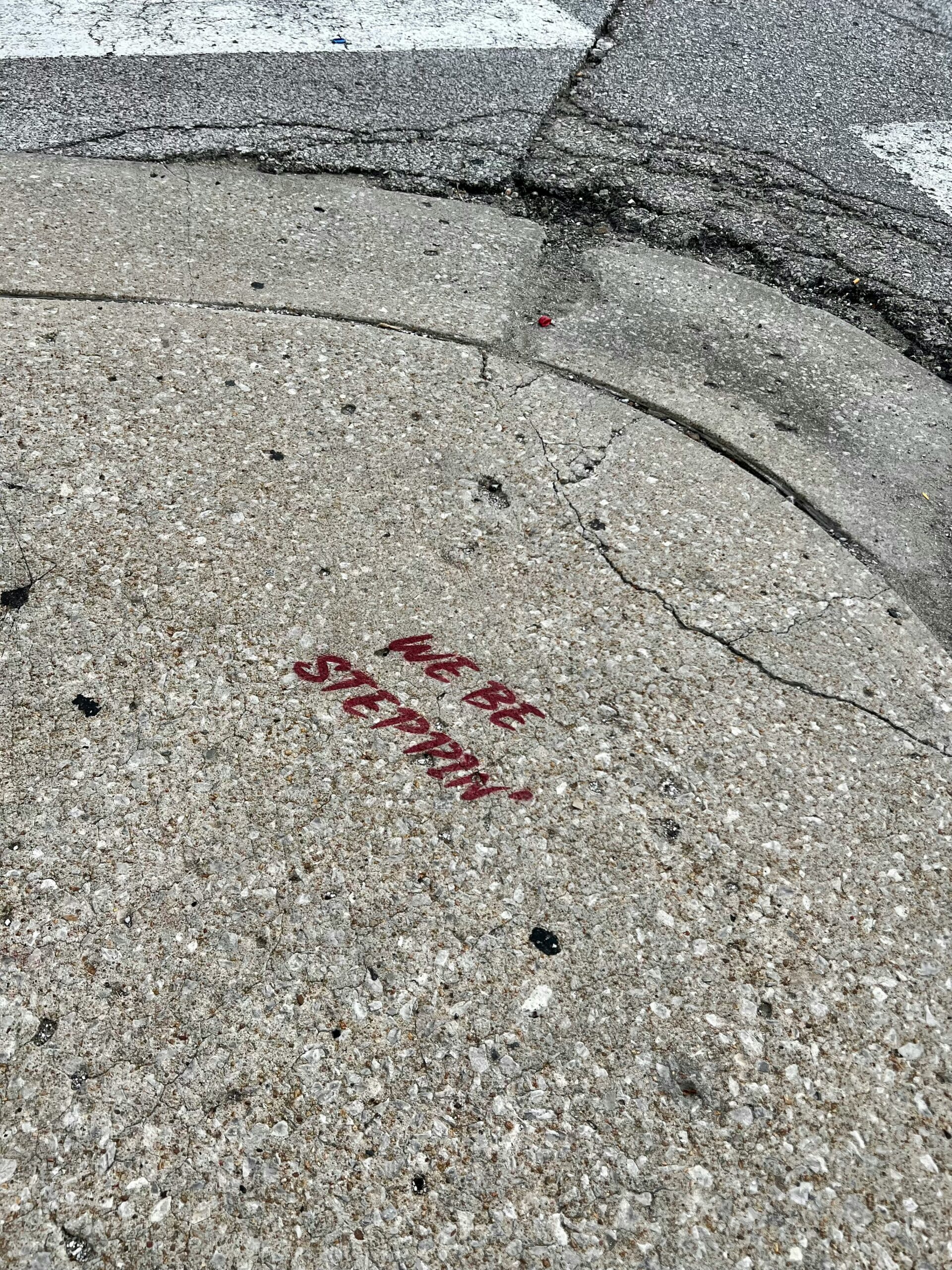For as long as I can remember, Michigan politicians have been spinning the same fairy tale—one where every new tax, fee, and voter-approved initiative is supposedly the magic key to fixing our crumbling roads and underfunded public schools. But decades later, we’re still dodging axle-busting potholes like we’re in Mario Kart, and our education system is holding on by a thread of chalk dust and prayer.
We were told the lottery would solve everything. “Support the lotto,” they said, “and we’ll finally have money for schools.” That was back in the 1970s. The pitch was slick, the commercials full of smiling kids and shiny buses. But while Michigan Lottery profits do go to the School Aid Fund, anyone who’s stepped foot in a Detroit public school knows that a couple million sprinkled across the state doesn’t undo decades of disinvestment, overcrowded classrooms, or teacher shortages.
Next up: the sales tax hike. In 1994, Proposal A raised Michigan’s sales tax from 4% to 6%—again with promises to boost school funding and local infrastructure. But fast forward, and many districts still rely heavily on local property taxes, creating massive disparities between rich and poor districts. If you grew up in a suburb, your school probably had MacBooks and a planetarium. If you went to school in the city? You were lucky to get updated textbooks and working toilets.
Then came the casinos. In 1996, Michigan approved commercial casino gambling in Detroit. “This’ll fix it all,” they said. “Jobs, tax revenue, school aid, better roads.” What did we get? Some jobs, yes. But also traffic, increased policing, and a handful of billionaires whose pockets stayed fatter than the funding pipelines to schools. At best, it’s been a Band-Aid. At worst, it’s another bait-and-switch.
But they weren’t done.
We raised vehicle registration fees. We raised the gas tax. We voted to legalize marijuana—largely because we were told the tax revenue would help us finally repave the roads and reinvest in our communities. The Marijuana Regulation Fund did generate hundreds of millions in revenue. But again, where is it? Because while weed is easier to get than clean drinking water in some parts of the state, the roads are still trash and public schools are still under siege.
Now, in a plot twist straight out of a political satire, Michigan’s leadership had the audacity to suggest raising the gas tax another 45 cents per gallon. That’s not a typo. That’s on top of already high gas prices that disproportionately affect low-income families and those living in transit-poor areas—especially in Detroit, where a car isn’t a luxury, it’s a necessity.
Let’s be clear: this isn’t just about potholes and pothole politics. This is about decades of broken promises, regressive taxation, and political gaslighting dressed up as progress. Michigan residents have shown up. We voted. We agreed to tax ourselves multiple times in good faith. But every time we do, it feels like the money disappears into a sinkhole somewhere along I-75.
Pop culture has a word for this kind of thing. It’s called a “long con.” Like in Ocean’s Eleven, where the real heist wasn’t what you thought it was. Except in this version, the crew isn’t robbing a casino—they’re robbing everyday Michiganders of hope, money, and trust in government. And instead of George Clooney, we get half-hearted press conferences, ribbon-cutting ceremonies for roads that don’t reach struggling communities, and empty slogans like “Fix the Damn Roads.”
To be fair, some roads have been fixed. Some schools have received upgrades. But the statewide picture is bleak. Rural roads crumble. Urban schools fight to retain teachers. Meanwhile, political leaders continue to propose new taxes as if we all have amnesia.
At this point, Michigan’s infrastructure issues are less a result of funding shortages and more a crisis of political will, mismanagement, and transparency. We don’t need new taxes—we need to follow the money we’ve already raised. We need audits. We need accountability. We need someone to stand up and say, “Hey, didn’t we already pay for this?”
Because we did.
Let’s Call It What It Is: A Betrayal
This isn’t about being anti-tax or anti-investment. It’s about being pro-accountability. Michigan voters have shown incredible patience, generosity, and faith in the idea that their dollars could create better futures. But the receipts don’t add up, and the roads still crack beneath our tires.
It’s time we demand more than smooth slogans. We need clear, accessible public reports on where this money has gone. We need reinvestment in underserved schools without waiting for another millage vote. And we need infrastructure plans that don’t just benefit the wealthiest zip codes.
Because Michigan deserves better. Not later. Not next election cycle. Now.
What You Can Do:
- Demand transparency from your local and state representatives. Ask for itemized updates on road and school funding.
- Support watchdog organizations tracking how public funds are used.
- Vote smart. Don’t just vote “yes” or “no”—vote informed.
- Share stories. If your school is underfunded or your road has been “under construction” for five years, tell someone. Post it. Document it. Hold someone accountable.
We’ve already paid the bill.
It’s time Michigan finally delivers on the service.


Leave a Reply
You must be logged in to post a comment.